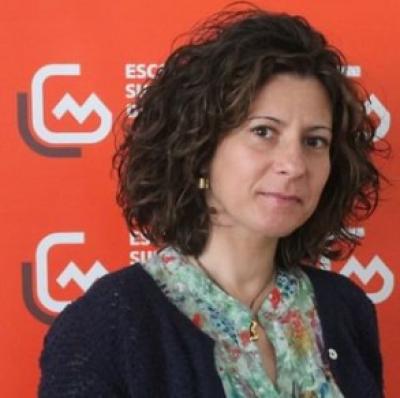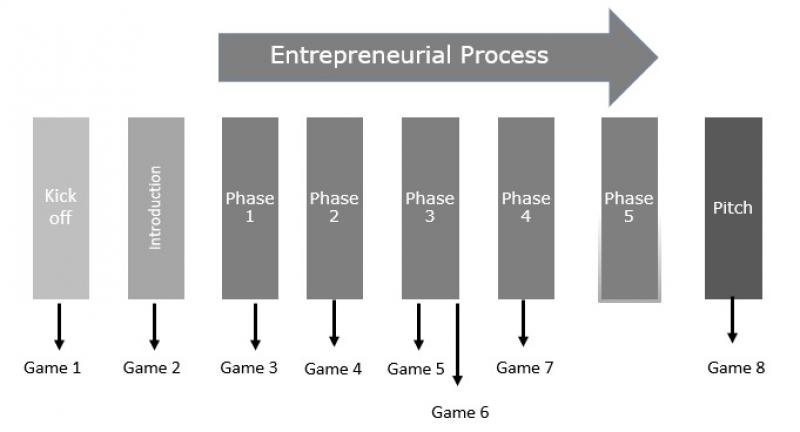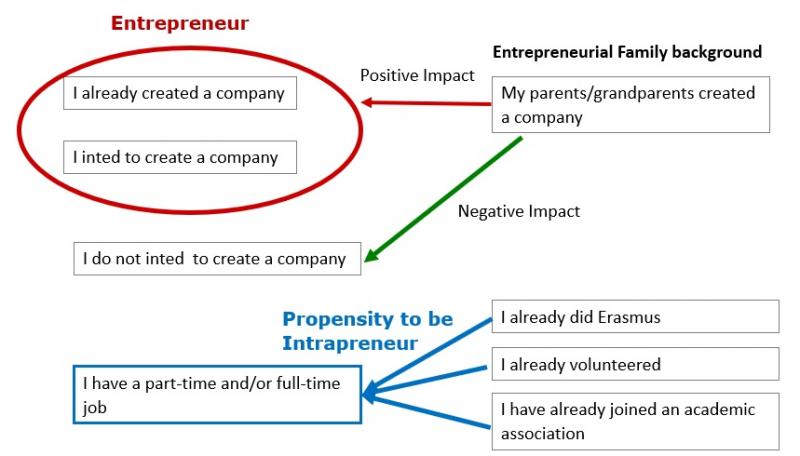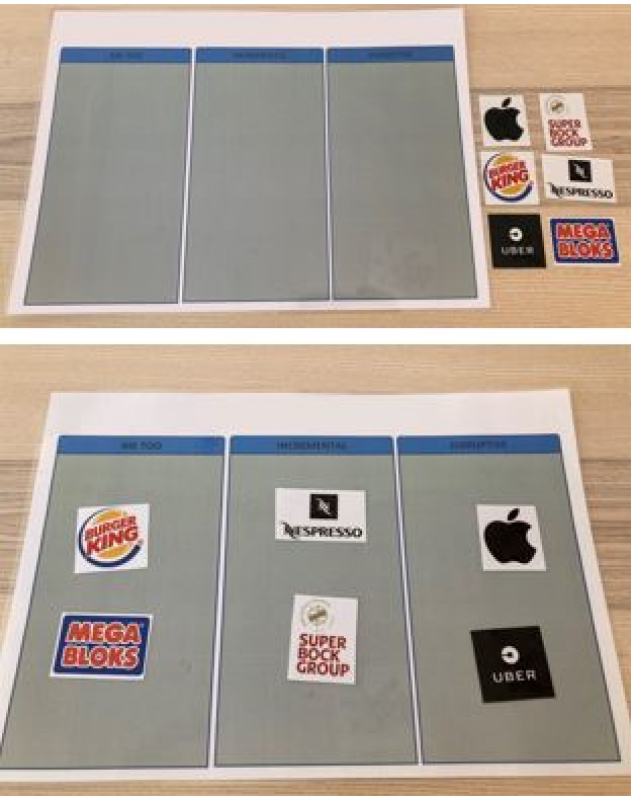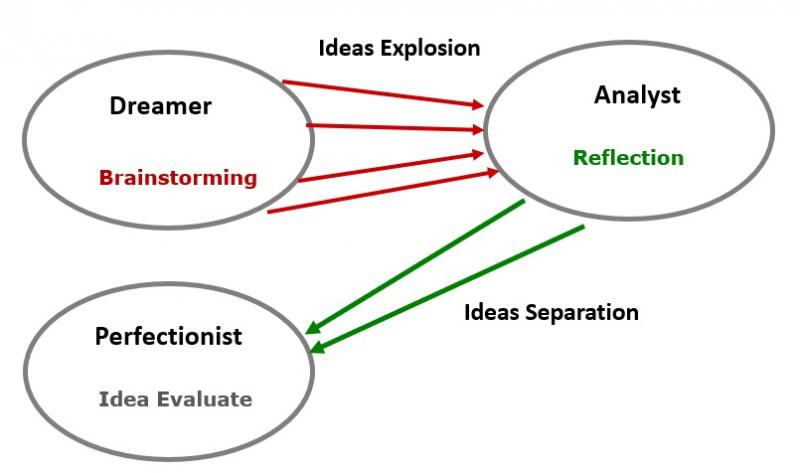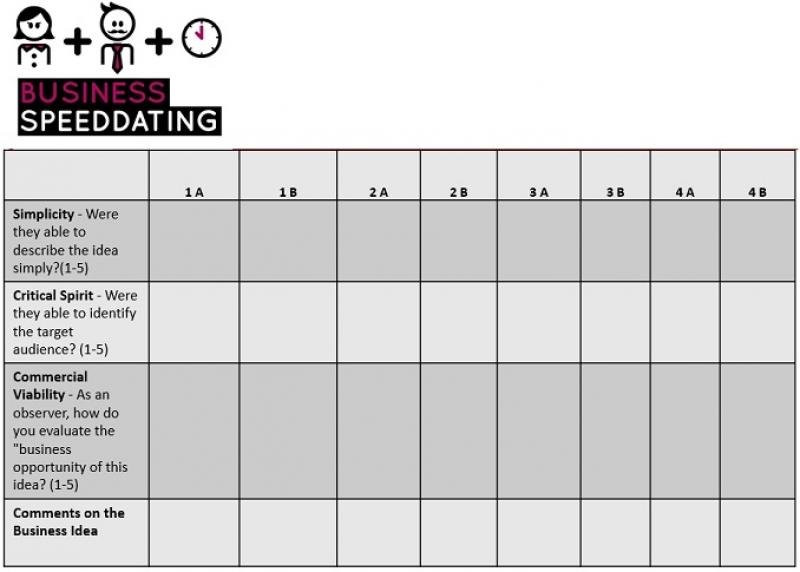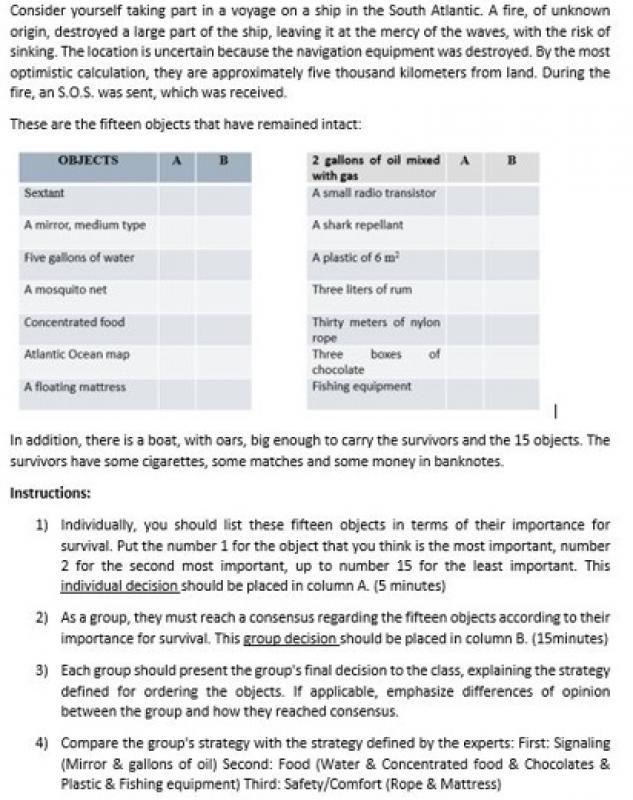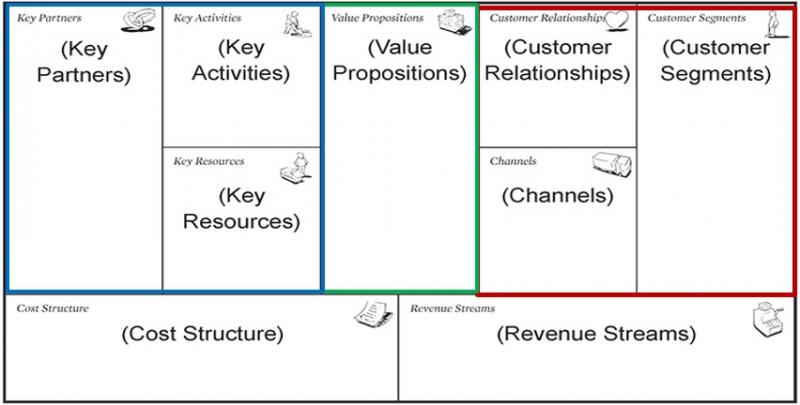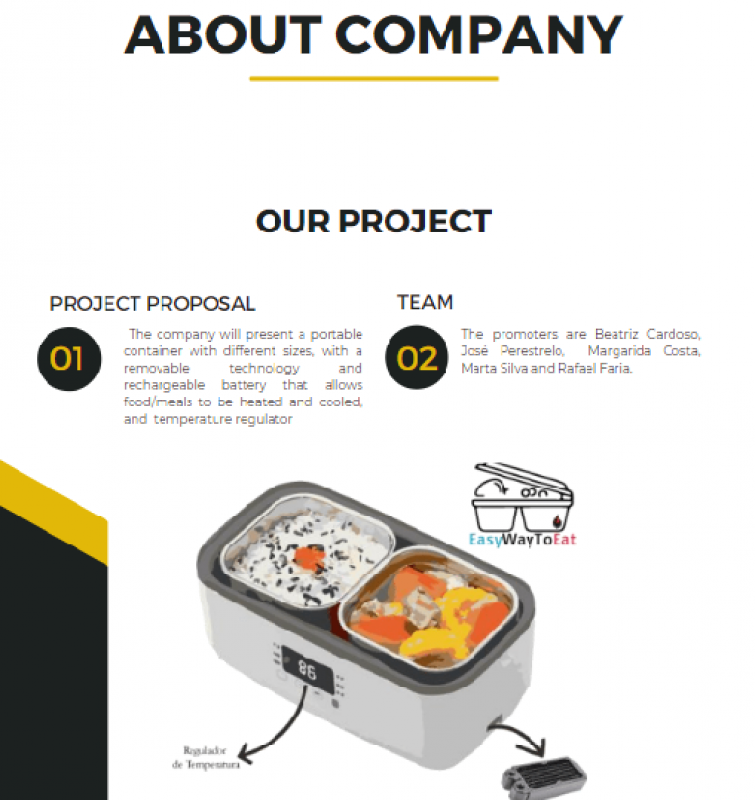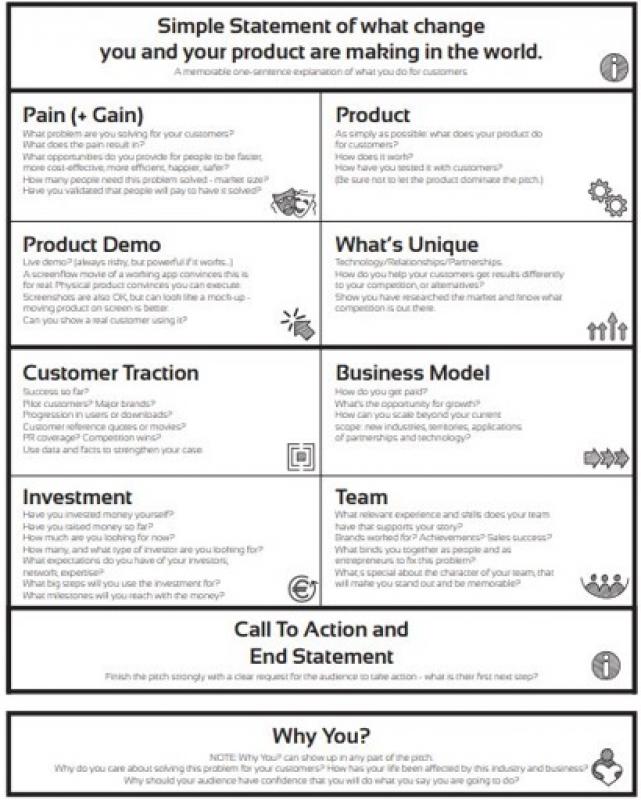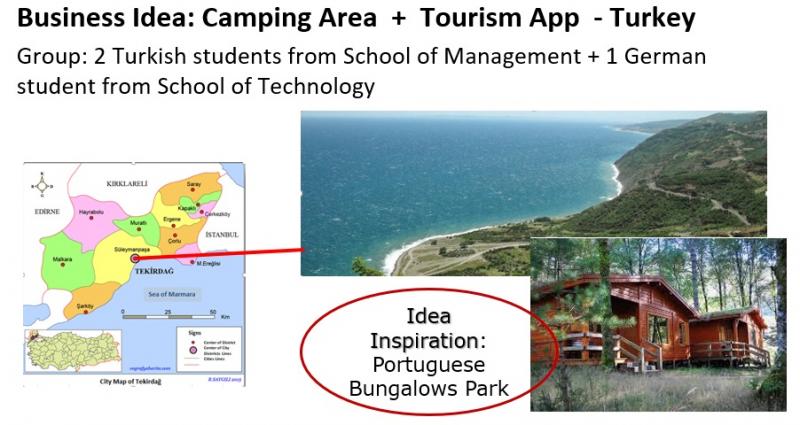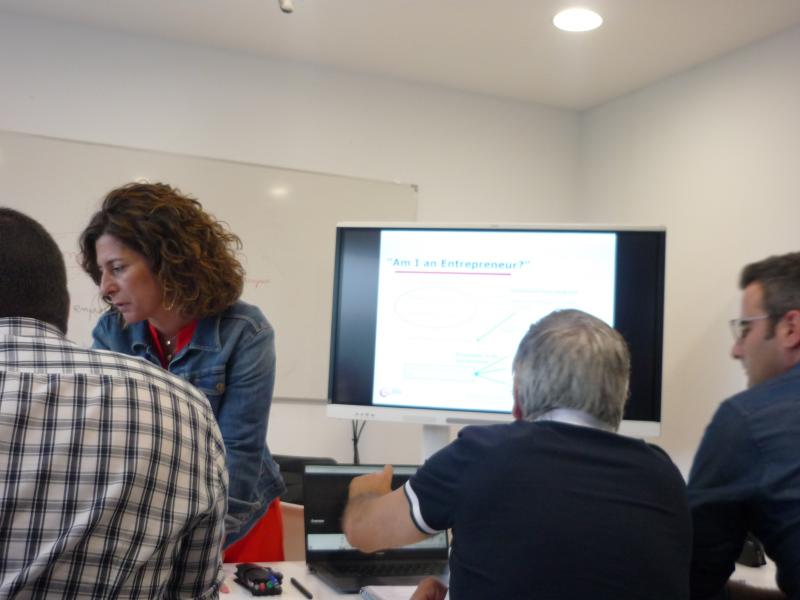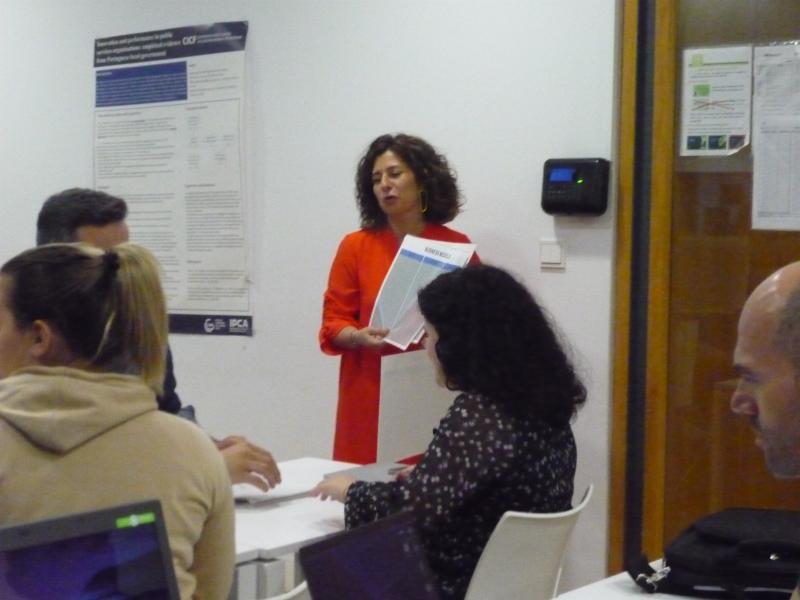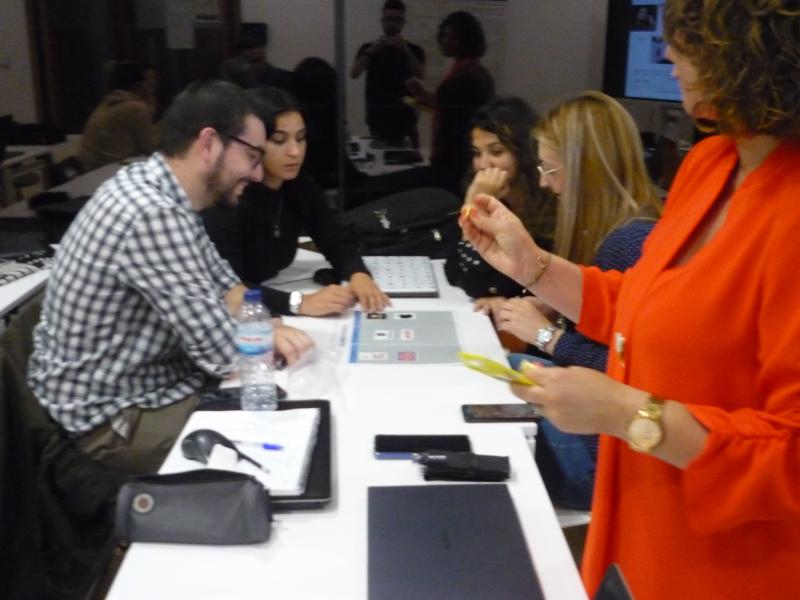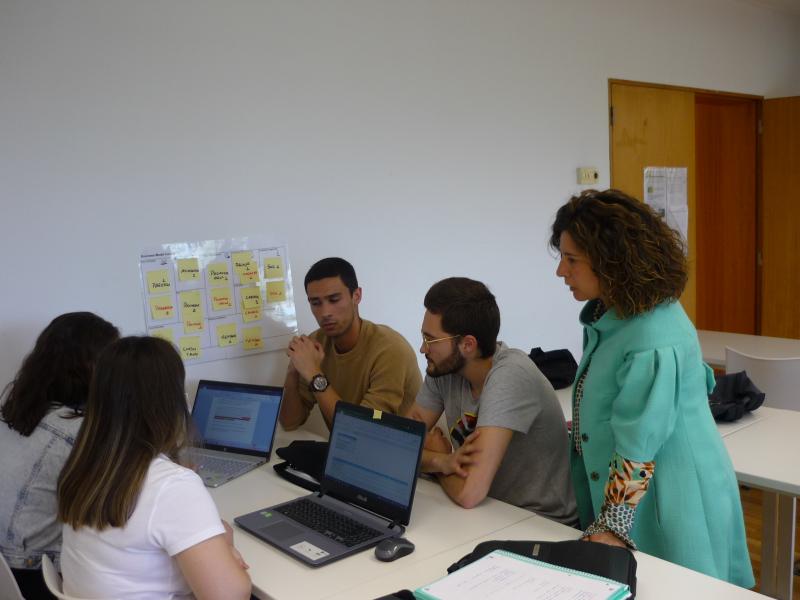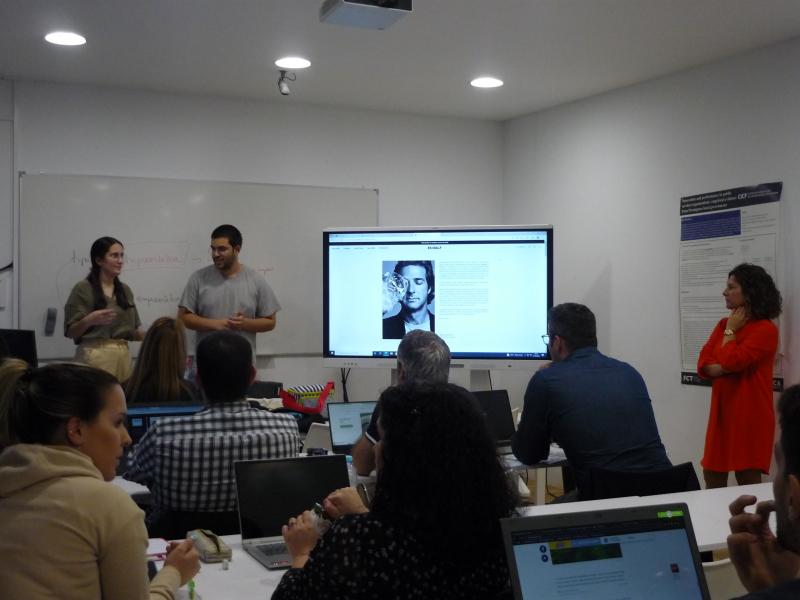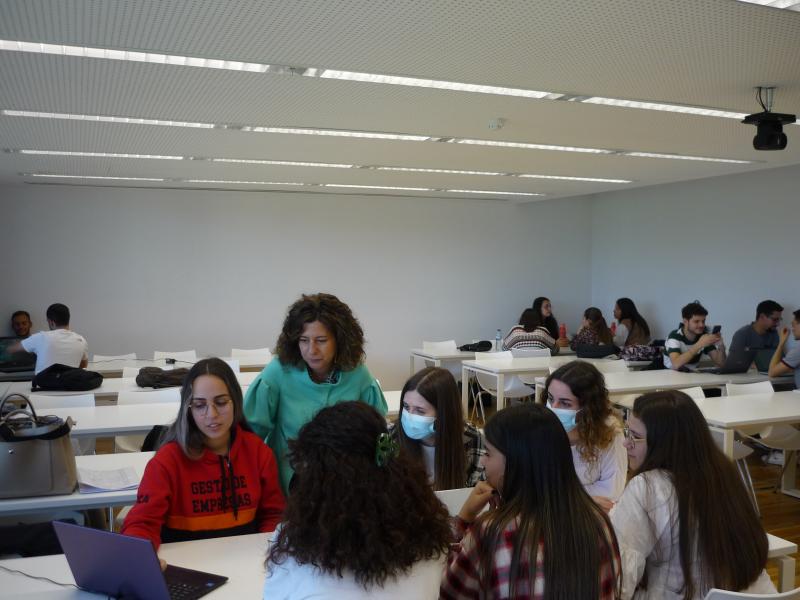In a VUCA world the Higher Education Institutions have been taking on different missions and “rethinking” their academic curricula. The strong emphasis on economic success and job creation has indeed propelled entrepreneurial education to a prominent position on higher education level. The Entrepreneurship Teaching presents several challenges such as the necessary interaction of students, an environment conducive to creativity, teamwork and students’ enhanced engagement.
Faced with the extra challenge of teaching a class of ERASMUS students composed of different nationalities/cultures and different scientific areas, I decided to adopt a game-based learning strategy for my classes.
According to literature, the game-based learning can improve students’ performance; commit and take responsibility for learning; achieve and sustain engagement; promote transformational mind-sets; and open the mind to creative thinking and innovation.
Facing these multiple and complex challenges, I divided the syllabus into modules and developed/adapted games to explain and consolidate concepts. This creative work of adapting the games to the syllabus was sustained by a lot of research and called forth a high "risk margin" - the students’ reactions were initially an unknown variable.
When implementing this game-based-learning approach, I realized that the students were motivated and that the learning process was successful. But what is the perception of students?
In a voxvote conducted on June 3rd, 2022 to my current Master class, 26 students displayed a 6.67 average of concurrence, on a 7-point Likert scale, that the use of “games” effectively beneficiated the learning process. This buoyant feedback made it all worthwhile!!



